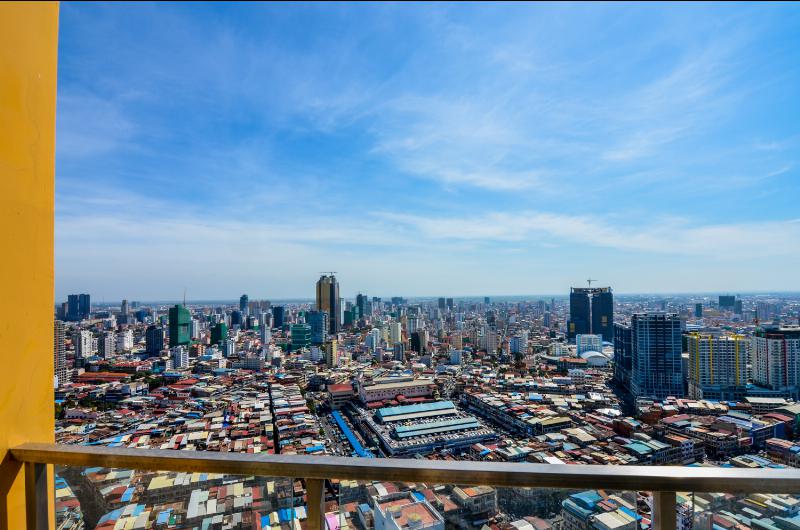Describing property ownership concisely is not easy but is worth attempting as land ownership (otherwise known as tenure) in Cambodia is important to get your head around.
In 1953, King Norodom Sihanouk proclaimed independence from France and 2 years later abdicated to enter politics, much to people’s surprise. In office, he introduced many constitutional changes including women’s rights, adopting Khmer as the sole official language and making Cambodia a constitutional monarchy by vesting policy making powers in the prime minister. He viewed socialism ideal for achieving social equality within the newly independent nation. He also developed strong ties with China, affirming a certain distrust between Cambodia and neighbouring Vietnam and Thailand.
Around this time of significant change, land titles were fairly common in urban areas. Although not always consistent, property ownership was generally clearly marked. In rural areas, however, more traditional and informal systems existed. These often relied on word of mouth or evidenced in hand written documents agreed between the relevant parties and the village chief.
Fast forward to the 1960s. A series of events thrust Cambodia into social chaos that affected property ownership for a half century. Almost all people were forcibly removed from their land during these three periods, up until the 1980s. The American bombings (1969-1973) affected large areas in the eastern parts of the country. Most affected were the Kampuchea Krom (an ethnically Khmer people from the southwest of Vietnam). ‘Krom’ means ‘low’ or ‘below’ in Khmer and these people were disenfranchised and to some degree still are.
1970s & 1980s – property ownership in Cambodia
In April 1975, the Khmer Rouge (KR) captured Phnom Penh. It forced the city inhabitants into rural areas in a bid to create an agrarian society. Confiscated property, destroyed land records and traditional property ownership systems made obsolete, causing countless clashes ever since. Phnom Penh’s inhabitants evacuated when warned to flee from American bombers. They left quickly, taking few belongings to walk, ride or drive away from the city.
Days and weeks passed… and the people learned there were no bombers. The next 4 years under KR control were hell on earth as they faced starvation and regular torture. In January 1979, Vietnamese troops entered Phnom Penh and drove the KR out and occupied the city for a decade. During this time hundreds of thousands of Khmers sought refuge from this new threat.
Those well enough to travel returned ‘home’ to find others now claimed it as their own. As there were no records, this was common and it meant ‘lucky’ families could own property that became very valuable. Most Khmer families had never held a mortgage, which produced an asset rich, cash poor micro economy. This may explain why Khmer owners seldom spend money on shared areas or are open to negotiating.
1990s – a new era in Cambodia
The 1990s dawned a new era. People felt that, without titles showing ownership, powerful interests were taking control of vast tracts of land, pushing out locals. The government passed the first post-KR land law in 1992 to allow private land ownership. A coalition government of Prince Norodom Ranariddh and Hun Sen was formed the following year in a UN managed election.
2000s – getting serious with land titles
In 2001, the government adopted a Land Law to help individuals and companies to register land. In 2012, Hun Sen enacted a law to grant new and a review of existing ELCs (Economic Land Concessions). That same year, the government started a rural land titling scheme that helped hundreds of thousands. By 2016, the land ministry provided 4 million rural land titles under this scheme (ETA 2023).
Even today, there are many property ownership disputes in some parts of the country. This is all the more poignant as its people face rapid economic growth in a flood of foreign investment. The government acknowledges some land conflicts but still claims to protect the rights of small farmers and the urban poor.
Sources:





